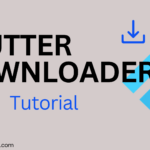-

Accessing Device Height and Width in Flutter
In this post, we’ll dive into how to access your device height and width inside a…
-
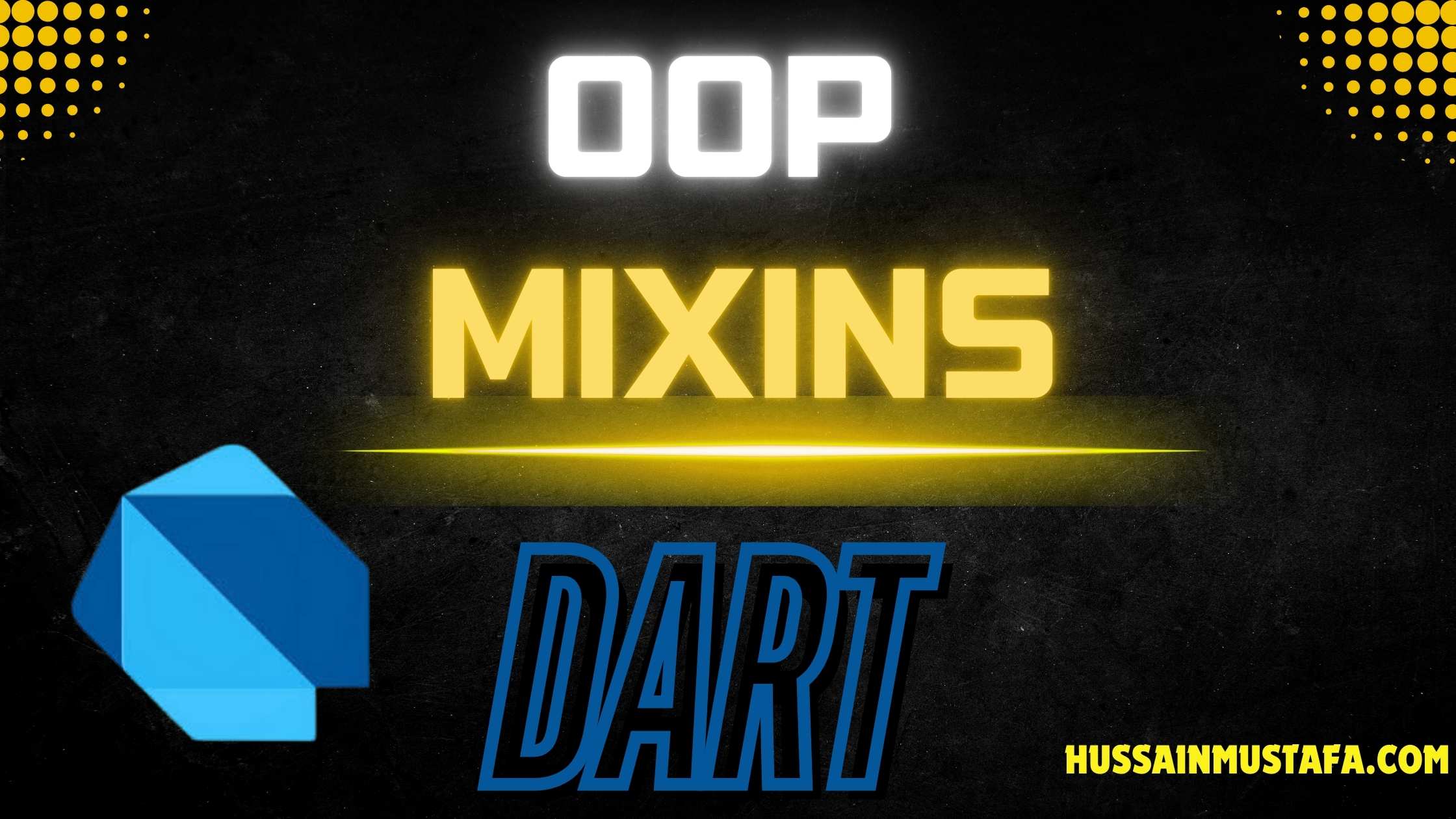
Mixins in Dart: A Comprehensive Guide
In Dart, mixins allow you to reuse code across multiple classes without the need for inheritance.…
-
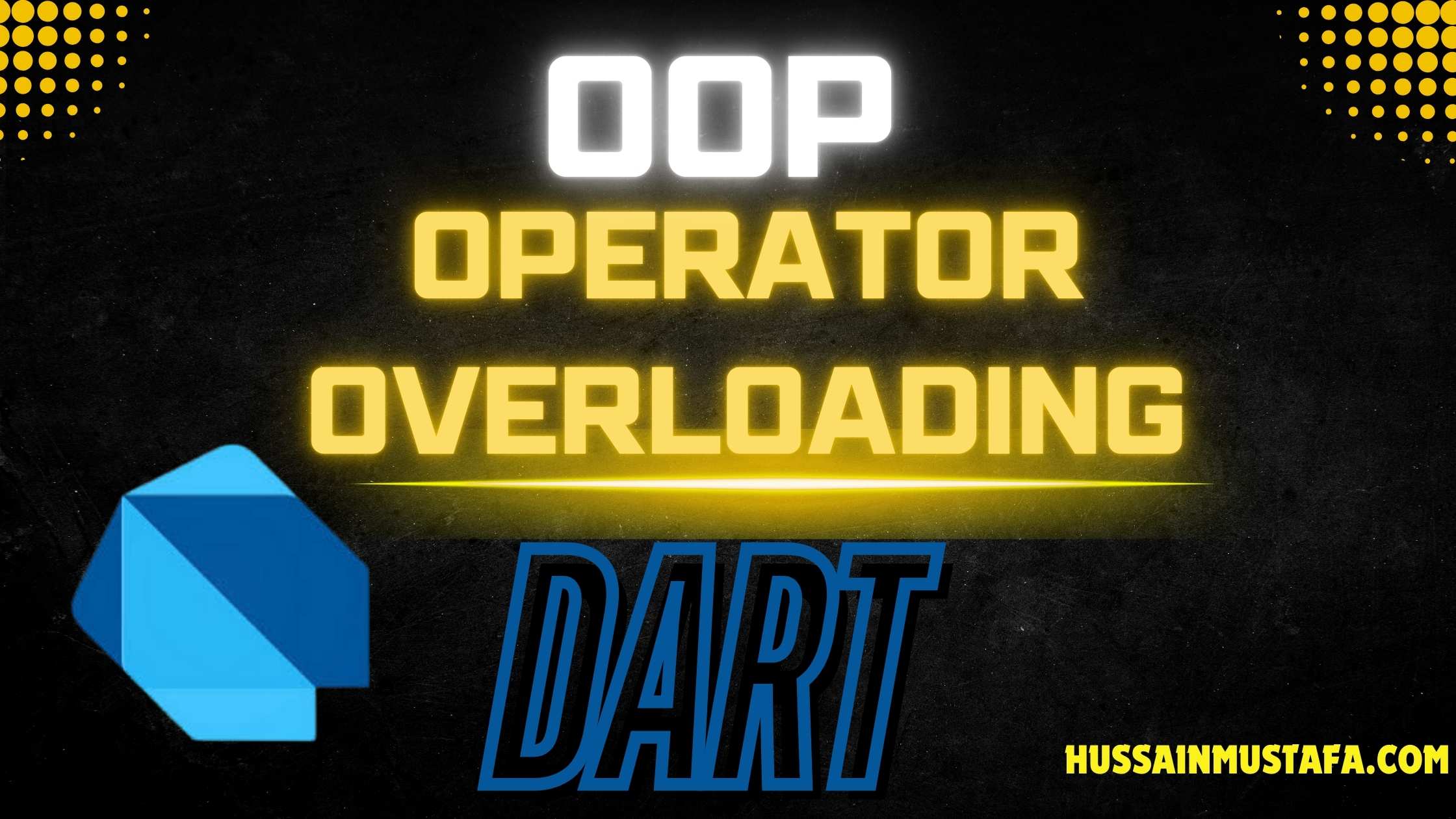
Operator Overloading in Dart: A Comprehensive Guide
Operator overloading is a powerful feature in Dart that allows developers to redefine the behavior of…
-
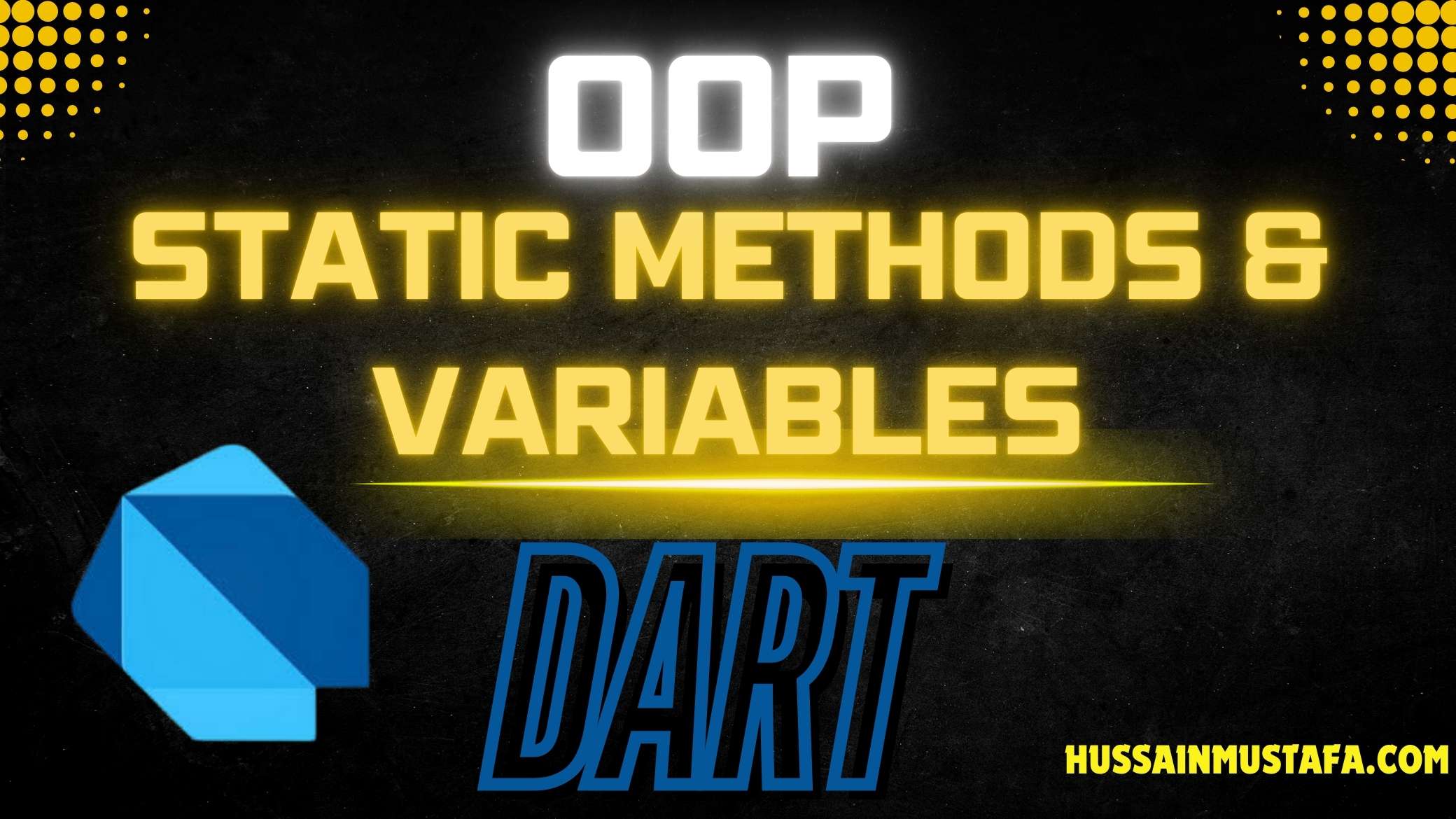
Static Methods and Variables in Dart: A Comprehensive Guide
In Dart, you associate static methods and variables with the class itself rather than with an…
-
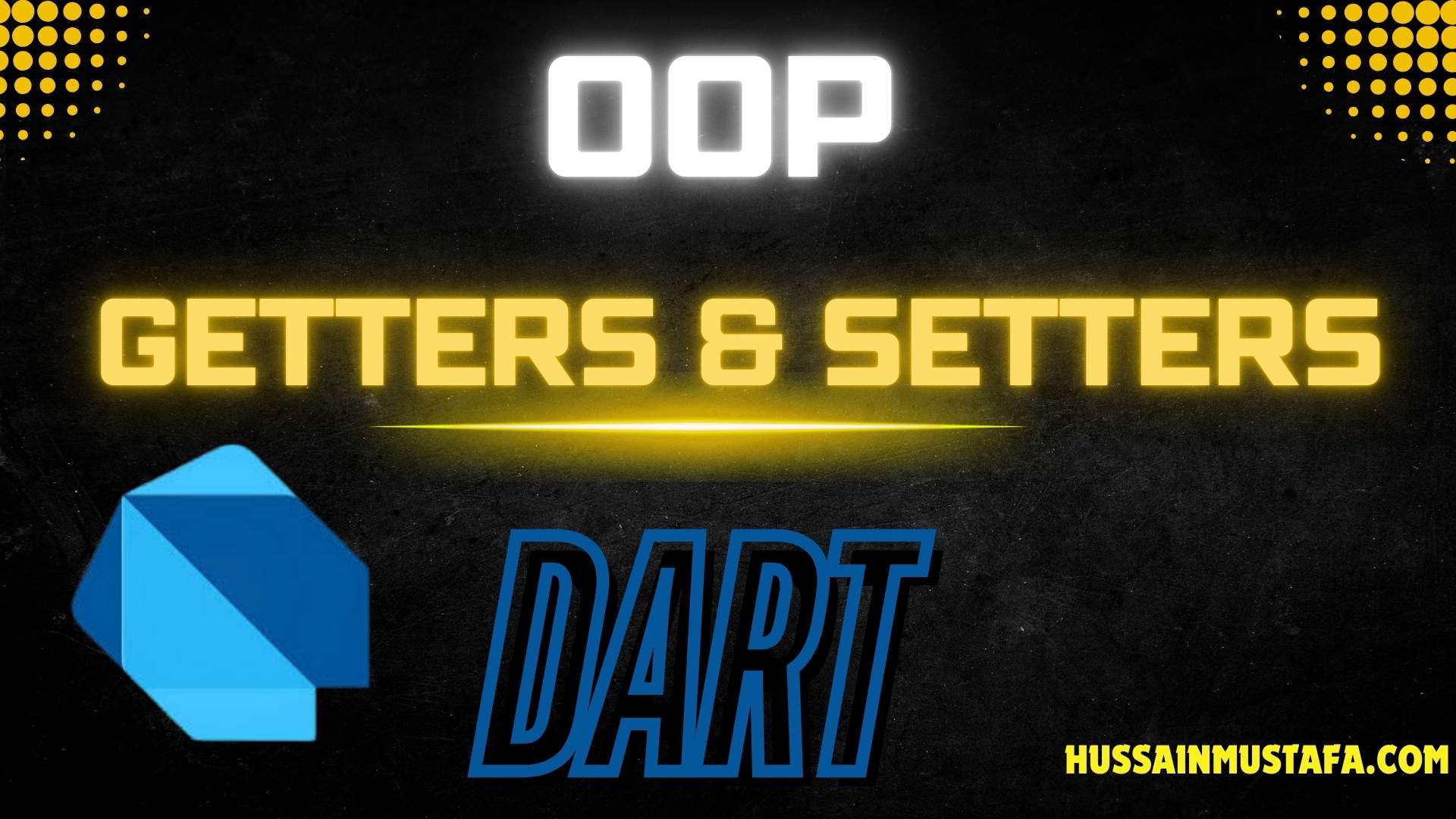
Getters and Setters in Dart-Dart Object Oriented Programming (OOP) Guide
Getters and Setters are essential features in Dart that allow for controlled access to class properties,…
-
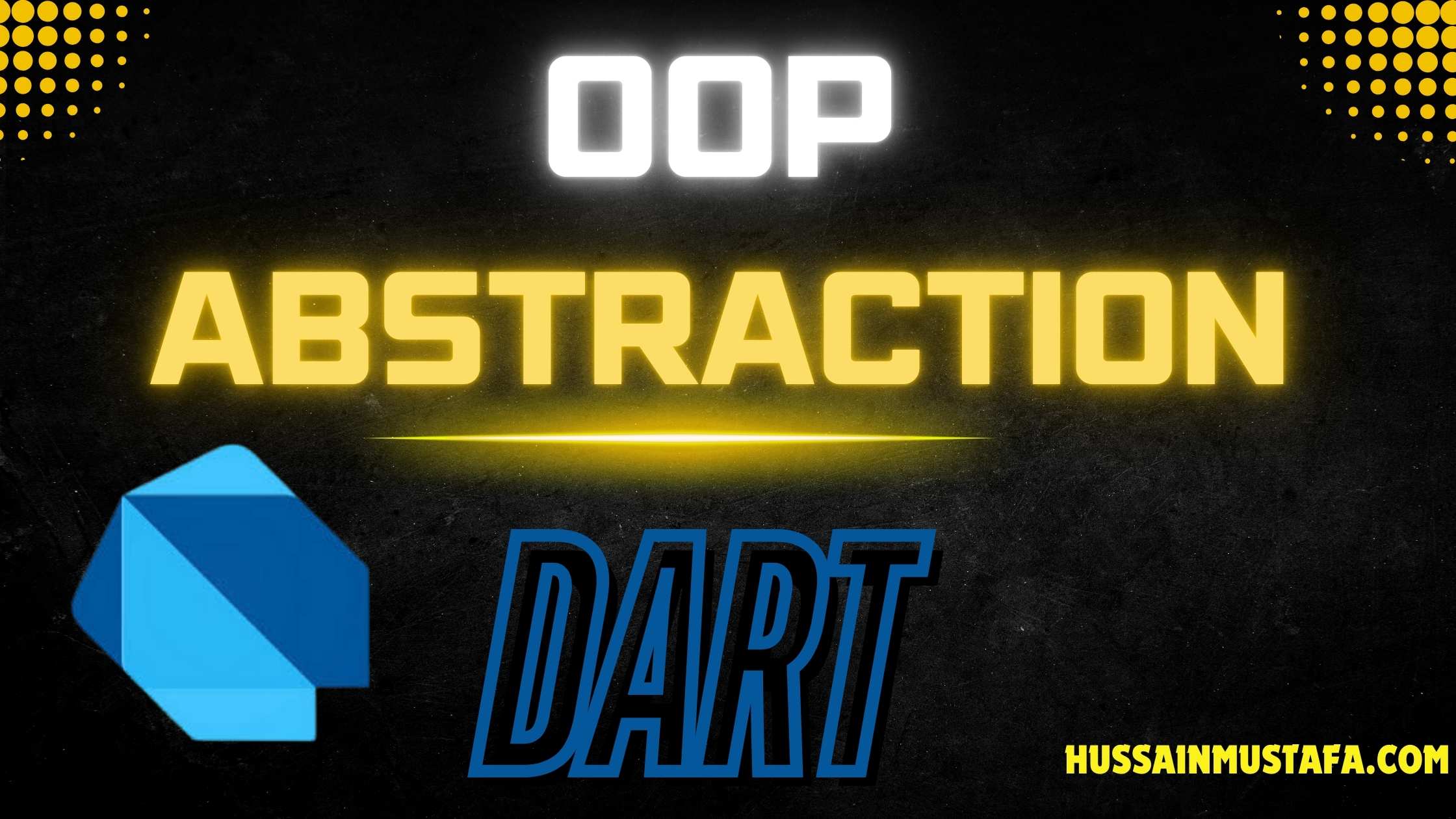
Abstraction in Dart – Dart Object Oriented Programming (OOP) Guide
Abstraction is one of the four pillars of Object-Oriented Programming (OOP), along with encapsulation, inheritance, and…
-

Inheritance in Dart – Dart Object Oriented Programming (OOP) Guide
Inheritance is one of the core principles of Object-Oriented Programming (OOP) that allows a class to…
-
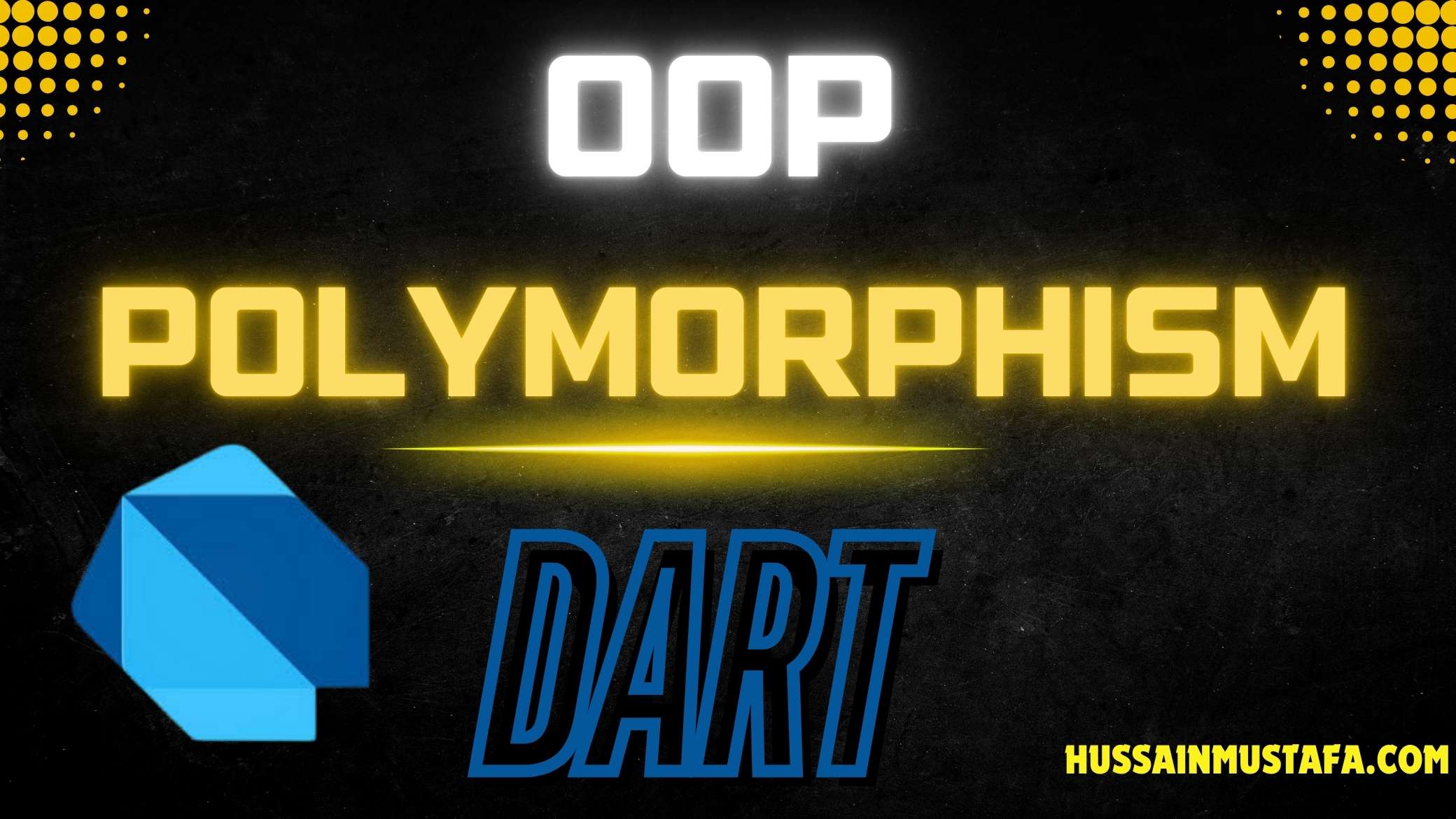
Polymorphism in Dart – Dart Object Oriented Programming (OOP) Guide
Polymorphism is one of the core principles of Object-Oriented Programming (OOP). It allows objects to be…
-
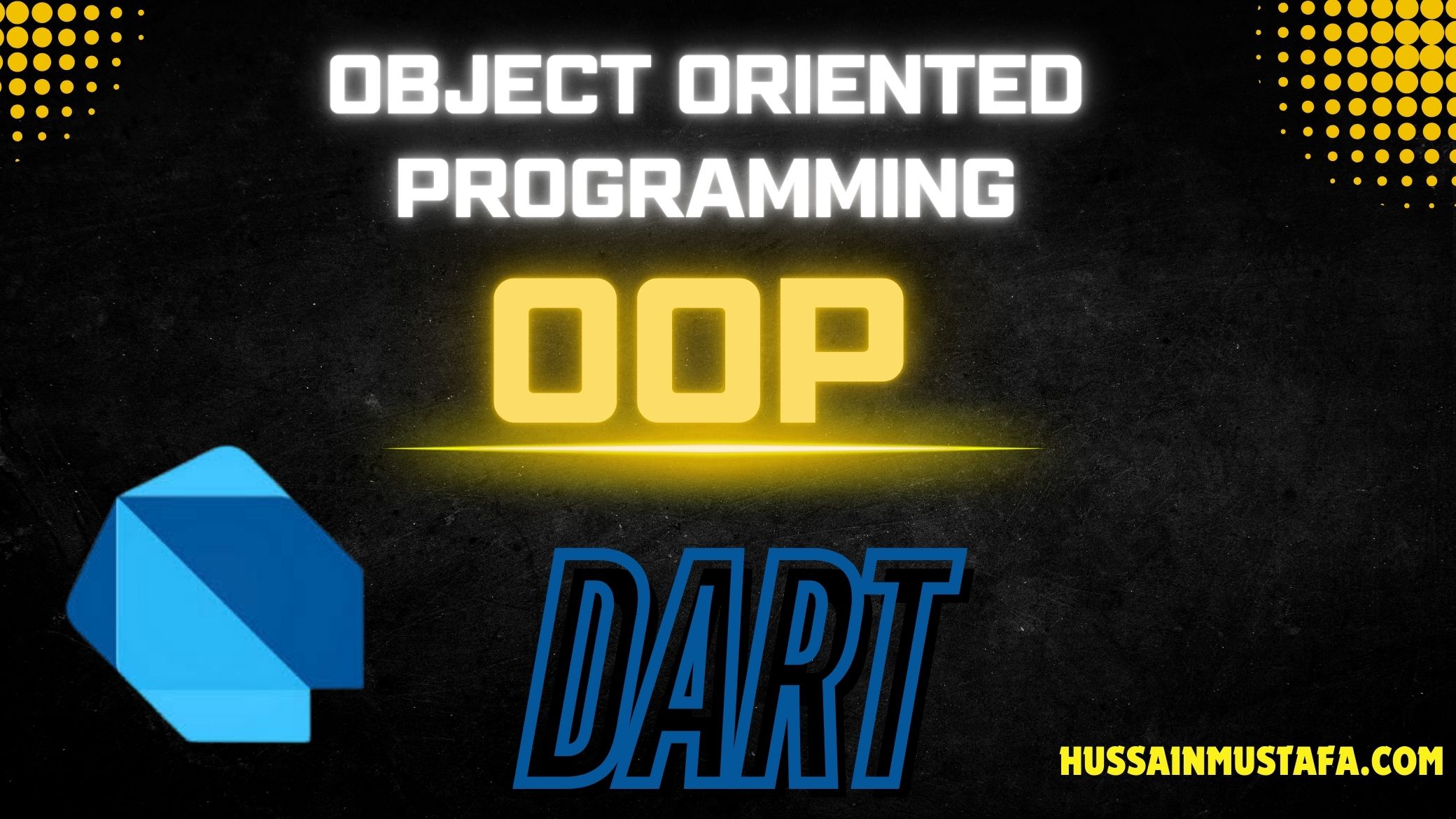
Object Oriented Programming In Dart – Dart Programming OOP Guide
Dart is an object-oriented programming language that offers strong support for OOP principles like encapsulation, inheritance,…
-
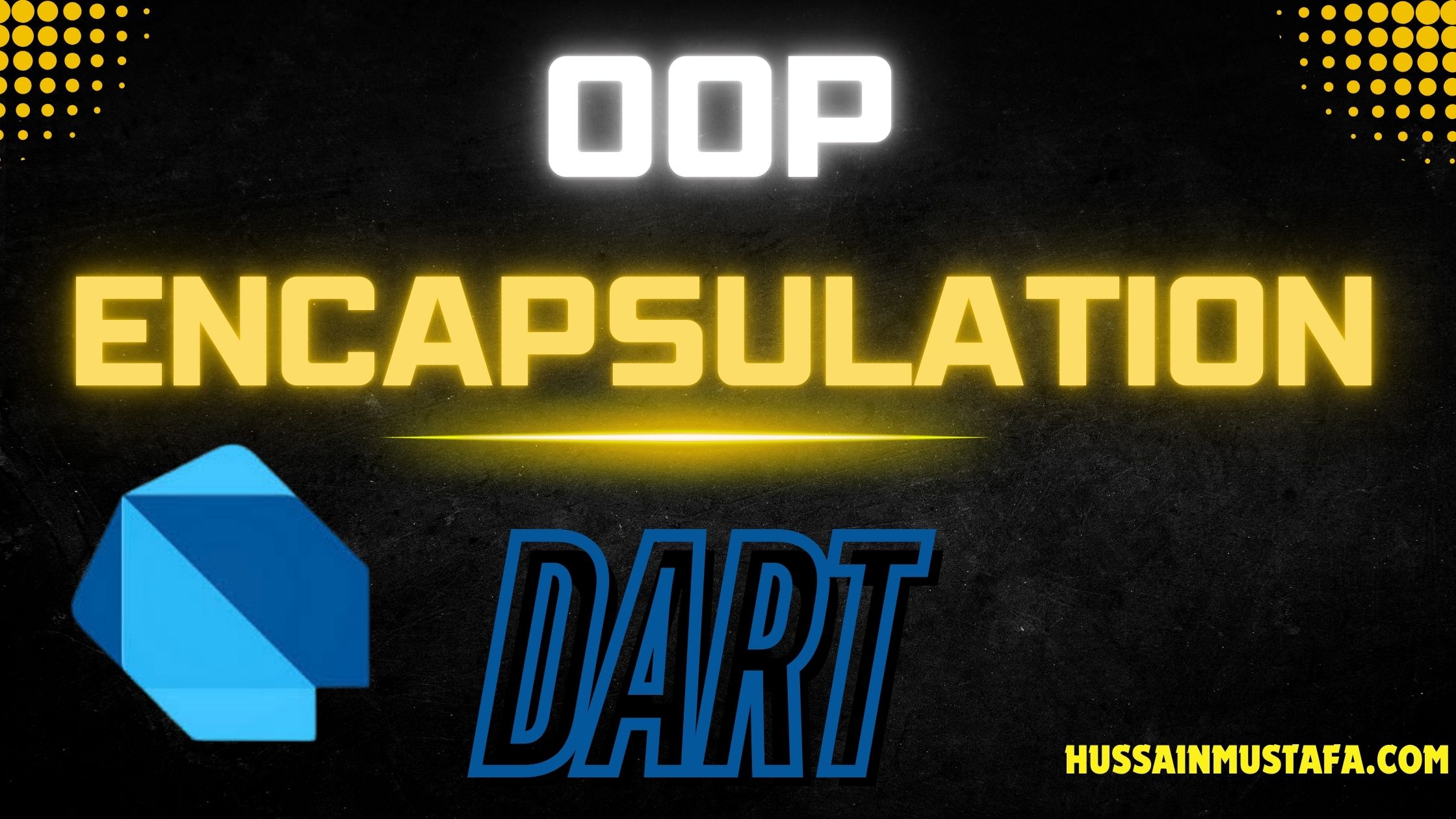
Encapsulation in Dart – Dart OOP Guide
Encapsulation is one of the core principles of object-oriented programming (OOP). It involves bundling data (variables)…
Hussain Mustafa
Software Developer, Content Creator



